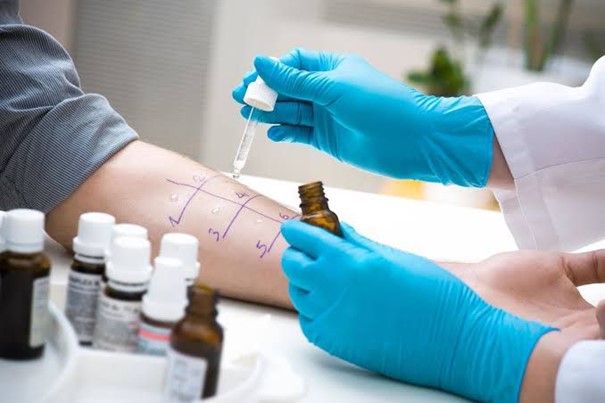Allergy
Allergy is an abnormal reaction of the body’s immune system to certain non-harmful substances (allergens) in our environment. Our immune system creates various responses to protect our body against foreign and harmful substances in the environment that enter our body through the mouth, nose and skin. With these reactions, cells of the immune system eliminate harmful substances or prevent them from entering the body. In allergies, the immune system reacts excessively to substances that are not normally harmful to the body.
While skin and blood tests are used for diagnosis, immunotherapy (allergy vaccine treatment), subcutaneous injection and sublingual vaccination are used in appropriate patients in addition to preventive measures and medications.
How is it treated?
In addition to preventive measures and medications, immunotherapy (allergy vaccine treatment) is applied in the form of subcutaneous (subcutaneous injection) sublingual (sublingual vaccination) in appropriate patients. Avoidance of allergy-causing agents is the most important part of treatment. However, this alone is not enough. Medication must also be administered. The most commonly used drugs in allergy treatment are antihistamines. These are most effective against itching, discharge and sneezing. After antihistamines, cortisone is another useful medication. Vaccine allergy treatment (immunotherapy) is used when it is not possible to avoid the allergen and (or) when the reaction is to a limited allergen rather than multiple allergens, by administering the allergen (vaccine) under the skin with injectors, starting with a low dose and gradually increasing. In this way, the body recognizes the substance and is programmed not to have an allergic reaction.
